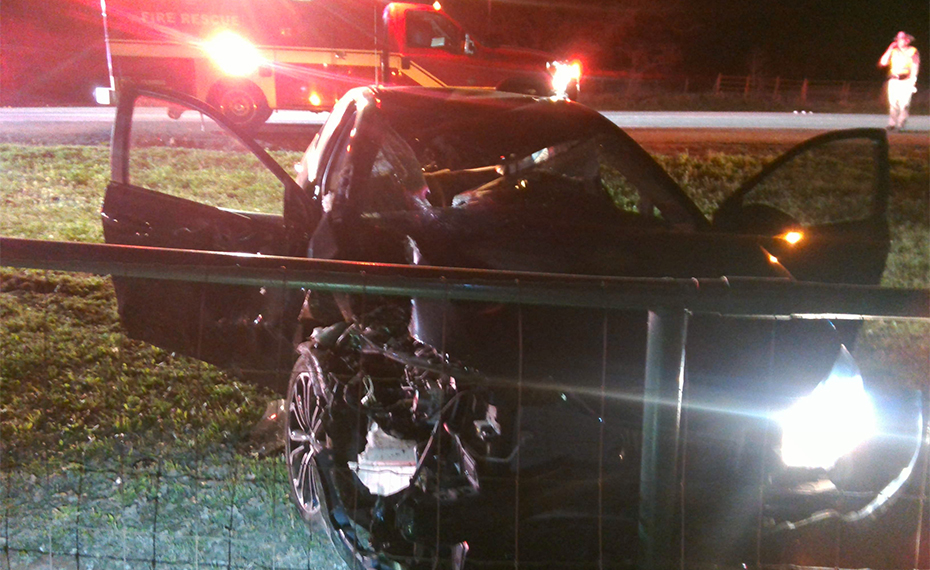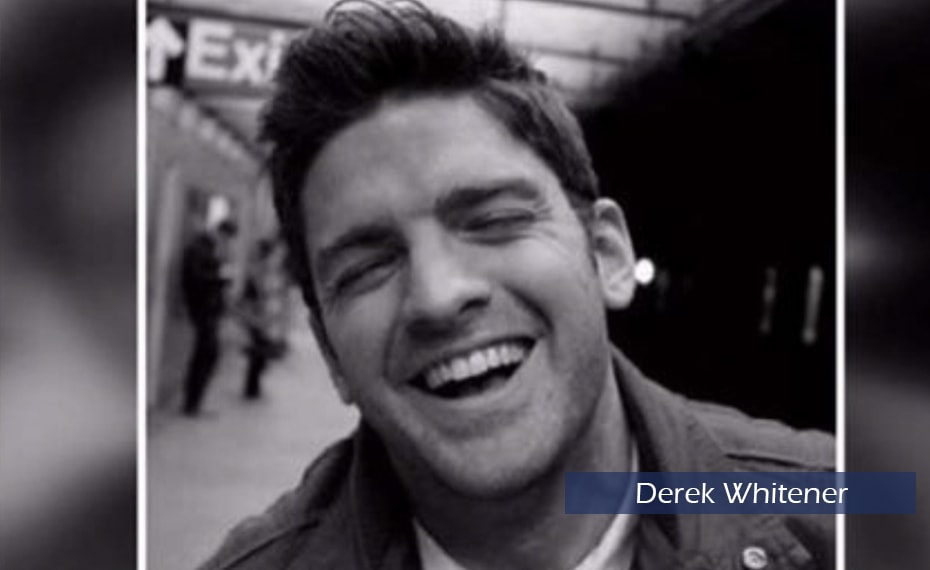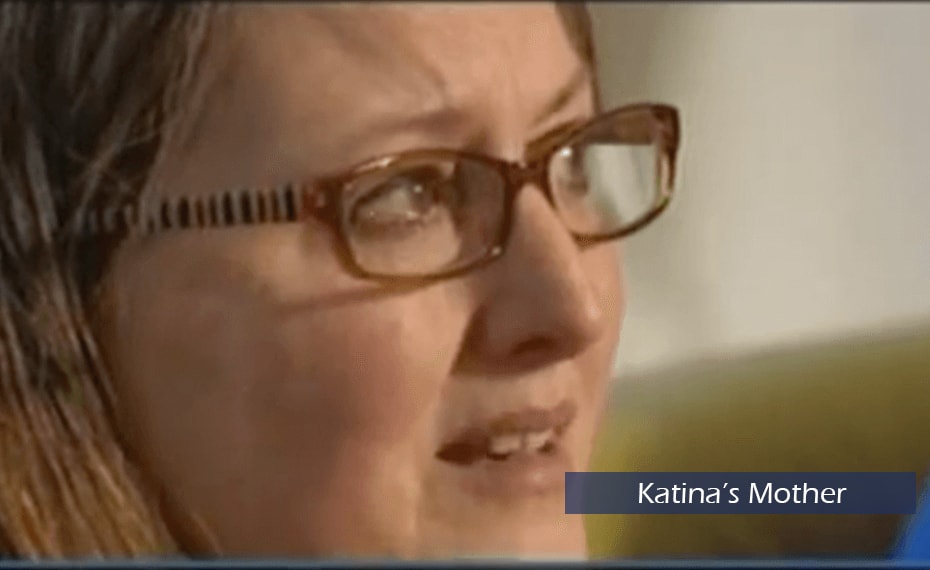
Fortune 100 Company Hit with Combined $7.37 Billion Verdict for Robbery, Murder of Elderly Woman by Repairman
Verdict includes punitive damages for use of forged documents in attempt to prevent jury trial DALLAS – A Fortune 100 company was hit with a combined $7.37 billion verdict – including $7 billion meant to punish the company – for systemic safety failures that led to the robbery and stabbing death of an 83-year-old woman by a repairman and for using forged documents to try to keep a jury from hearing the lawsuit. “This was a shocking breach of faith by a company that sends workers inside millions of homes every year,” said trial lawyer Chris Hamilton of Dallas-based Hamilton Wingo. “The jury in this case was thoughtful and attentive to the evidence. This verdict justly reflects the extensive evidence regarding the nature of the harm caused by this company's gross negligence and [...]

Fortune 100 Company Hit with Combined $7.37 Billion Verdict for Robbery, Murder of Elderly Woman by Repairman
Verdict includes punitive damages for use of forged documents in attempt to prevent jury trial DALLAS – A Fortune 100 company was hit with a combined $7.37 billion verdict – including $7 billion meant to punish the company – for systemic safety failures that led to the robbery and stabbing death of an 83-year-old woman by a repairman and for using forged documents to try to keep a jury from hearing the lawsuit. “This was a shocking breach of faith by a company that sends workers inside millions of homes every year,” said trial lawyer Chris Hamilton of Dallas-based Hamilton Wingo. “The jury in this case was thoughtful and attentive to the evidence. This verdict justly reflects the extensive evidence regarding the nature of the harm caused by this company's gross negligence and [...]
Verdict includes punitive damages for use of forged documents in attempt to prevent jury trial
DALLAS – A Fortune 100 company was hit with a combined $7.37 billion verdict – including $7 billion meant to punish the company – for systemic safety failures that led to the robbery and stabbing death of an 83-year-old woman by a repairman and for using forged documents to try to keep a jury from hearing the lawsuit.
“This was a shocking breach of faith by a company that sends workers inside millions of homes every year,” said trial lawyer Chris Hamilton of Dallas-based Hamilton Wingo. “The jury in this case was thoughtful and attentive to the evidence. This verdict justly reflects the extensive evidence regarding the nature of the harm caused by this company’s gross negligence and reckless misconduct. For the safety of the American public, we can only hope that the company and its shareholders are listening.”
Trial testimony revealed that the Fortune 100 company hired Roy Holden without verifying his employment history, which would have revealed that he had lied about his work history. In the weeks before he robbed and murdered Betty Thomas inside her Irving home, supervisors ignored a series of red flags, including Mr. Holden’s own written pleas to upper management for help because of severe distress over financial and family problems.
Jurors agreed that the company’s actions were the “proximate cause” of Ms. Thomas death, and found the company 90% responsible for the death, given its continued refusal to correct its negligent safety practices despite a repeated pattern of violence against innocent customers by its field techs over a period of years.
Jurors agreed that after Ms. Thomas’ grieving family filed a lawsuit, the company’s attorneys used a forged document to try to force the lawsuit into a closed-door arbitration where the results would have been secret and damages for the murder would have been limited to the amount of Ms. Thomas’s final bill. The jury found that the company committed forgery beyond a reasonable doubt, conduct that constitutes a first–degree felony under Texas law.
Mr. Holden performed a service call in Ms. Thomas’ home the day before her Dec. 2019 murder. Although his employer contended he was off-duty the following day, he managed to learn that Ms. Thomas had reported that she was still having problems with her service and used his company key card to enter a secured company vehicle lot and drove his van to her house. Once inside, while fixing her fax machine, the victim, Ms. Thomas, caught the field tech stealing her credit cards from her purse. The field tech, Roy Holden, then brutally stabbed the 83-year-old customer with a utility knife supplied by his employer and went on a spending spree with her credit cards.
The company’s employees admitted at trial the field tech’s theft and crimes against the victim began while he was on duty and in the course and scope of his employment the day before. The company’s employees further admitted that there was a pattern of thefts by company employees against customers (more than 2,500 in the preceding several years), which the company refused to investigate or report to police.
In addition to the Hamilton Wingo trial team, the plaintiffs were represented by the Law Offices of Brad Jackson and Mullen & Mullen.
Verdict includes punitive damages for use of forged documents in attempt to prevent jury trial
DALLAS – A Fortune 100 company was hit with a combined $7.37 billion verdict – including $7 billion meant to punish the company – for systemic safety failures that led to the robbery and stabbing death of an 83-year-old woman by a repairman and for using forged documents to try to keep a jury from hearing the lawsuit.
“This was a shocking breach of faith by a company that sends workers inside millions of homes every year,” said trial lawyer Chris Hamilton of Dallas-based Hamilton Wingo. “The jury in this case was thoughtful and attentive to the evidence. This verdict justly reflects the extensive evidence regarding the nature of the harm caused by this company’s gross negligence and reckless misconduct. For the safety of the American public, we can only hope that the company and its shareholders are listening.”
Trial testimony revealed that the Fortune 100 company hired Roy Holden without verifying his employment history, which would have revealed that he had lied about his work history. In the weeks before he robbed and murdered Betty Thomas inside her Irving home, supervisors ignored a series of red flags, including Mr. Holden’s own written pleas to upper management for help because of severe distress over financial and family problems.
Jurors agreed that the company’s actions were the “proximate cause” of Ms. Thomas death, and found the company 90% responsible for the death, given its continued refusal to correct its negligent safety practices despite a repeated pattern of violence against innocent customers by its field techs over a period of years.
Jurors agreed that after Ms. Thomas’ grieving family filed a lawsuit, the company’s attorneys used a forged document to try to force the lawsuit into a closed-door arbitration where the results would have been secret and damages for the murder would have been limited to the amount of Ms. Thomas’s final bill. The jury found that the company committed forgery beyond a reasonable doubt, conduct that constitutes a first–degree felony under Texas law.
Mr. Holden performed a service call in Ms. Thomas’ home the day before her Dec. 2019 murder. Although his employer contended he was off-duty the following day, he managed to learn that Ms. Thomas had reported that she was still having problems with her service and used his company key card to enter a secured company vehicle lot and drove his van to her house. Once inside, while fixing her fax machine, the victim, Ms. Thomas, caught the field tech stealing her credit cards from her purse. The field tech, Roy Holden, then brutally stabbed the 83-year-old customer with a utility knife supplied by his employer and went on a spending spree with her credit cards.
The company’s employees admitted at trial the field tech’s theft and crimes against the victim began while he was on duty and in the course and scope of his employment the day before. The company’s employees further admitted that there was a pattern of thefts by company employees against customers (more than 2,500 in the preceding several years), which the company refused to investigate or report to police.
In addition to the Hamilton Wingo trial team, the plaintiffs were represented by the Law Offices of Brad Jackson and Mullen & Mullen.













